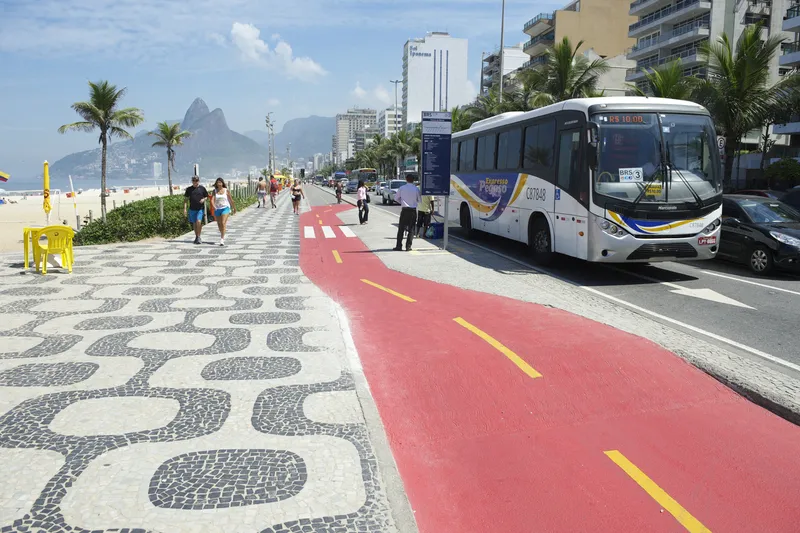The increase has been attributed to the higher than anticipated attendance figures. More than 11,500 Australian and international delegates participated, 4,500 registrations more than the target figure of 7,000. The high volume of visitors had a positive impact on the local economy with benefits felt, in particular, across hotels, transport companies, restaurants and places of interest. The state of Victoria also benefited, with many visitors opting to make additional trips to regional Victoria and interstate.
Delivering the
The ITS World Congress showcased Melbourne’s multi modal transport network, taking more than 650 delegates to key air, sea, road, train, tram and freight centres. Albert Park’s internationally-recognised Formula One track was one of multiple locations for 3,500 booked live vehicle technology demonstrations. Almost 250 plenary, executive, special interest, scientific and technical sessions, 278 exhibiting partners, a hackathon and the student and public community projects were held at the MCEC.
ITS World Congress has a bigger than expected impact on Melbourne’s economy
The 23rd World Congress on Intelligent Transport Systems, in Melbourne, has had a bigger than expected economic impact on the local economy and is now estimated to be US$34.5 million (AU$46.6 million), nearly twice the initial projection. The increase has been attributed to the higher than anticipated attendance figures. More than 11,500 Australian and international delegates participated, 4,500 registrations more than the target figure of 7,000. The high volume of visitors had a positive impact on the loca
May 15, 2017
Read time: 2 mins
The 23rd World Congress on Intelligent Transport Systems, in Melbourne, has had a bigger than expected economic impact on the local economy and is now estimated to be US$34.5 million (AU$46.6 million), nearly twice the initial projection.










